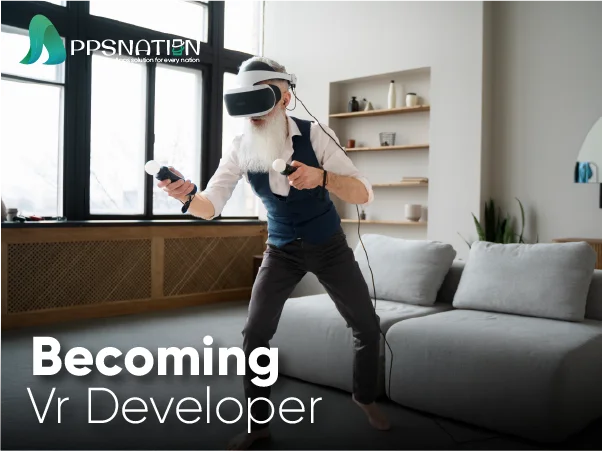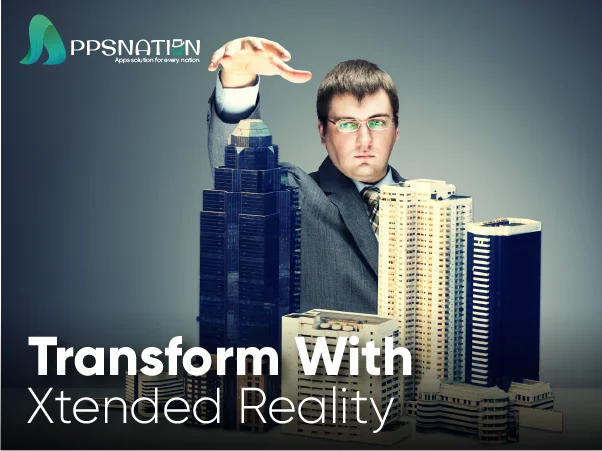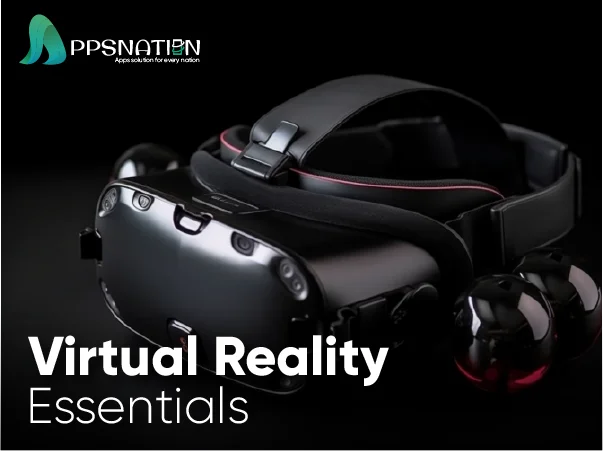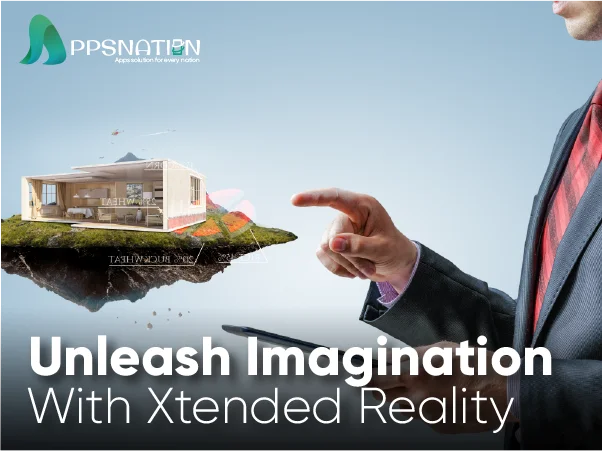Virtual Reality (VR) has completely transformed our interactions with technology and how we experience the digital realm. As the demand for immersive and captivating experiences grows, so does the need for skilled VR developers. If you’re fascinated by the possibilities of VR and want to embark on a career that combines creativity, technology, and innovation, this comprehensive career guide will pave your path to becoming a successful VR developer.
Table of Contents
| 1 | Introduction to Virtual Reality (VR) Development |
| 2 | Understanding the Role of a VR Developer |
| 3 | Educational Requirements for Aspiring VR Developers |
| 4 | Essential Skills for a Successful VR Developer |
| 5 | Programming Languages for VR Development |
| 6 | Getting Started with VR Development: Tools and Resources |
| 7 | Designing Engaging VR Experiences |
| 8 | Overcoming Challenges in VR Development |
| 9 | VR Development for Gaming and Entertainment/td> |
| 10 | VR Applications in Various Industries |
| 11 | The Future of VR Development |
| 12 | Creating VR Content for Social Platforms |
| 13 | Exploring Career Opportunities in VR Development |
| 14 | Building a VR Portfolio and Networking |
| 15 | Conclusion |
| 16 | FAQ’s |
Introduction to Virtual Reality (VR) Development
In this section, we will explore the fundamentals of virtual reality and its impact on various industries. Understanding the core concepts of VR will provide a solid foundation for aspiring developers.
Understanding the Role of a VR Developer
Discover the key responsibilities and roles of a VR developer. From designing virtual environments to coding interactive experiences, we’ll delve into the multifaceted nature of this profession.
Educational Requirements for Aspiring VR Developers
This section will outline the educational pathways available for aspiring VR developers. Whether you’re a student or a career changer, we’ll explore formal education, online courses, and self-learning options.
Essential Skills for a Successful VR Developer
What skills set apart a good VR developer from a great one? Here, we’ll discuss the technical, artistic, and problem-solving skills that can elevate your VR creations to new heights.
Programming Languages for VR Development
Programming forms the backbone of VR development. We’ll highlight the essential programming languages that every VR developer should master to bring their ideas to life.
Getting Started with VR Development: Tools and Resources
In this section, we’ll introduce the various VR development platforms, software, and hardware available to beginners. From cost-effective options to more advanced tools, you’ll find the right fit for your journey.
Designing Engaging VR Experiences
Creating immersive VR experiences requires more than technical expertise. Learn about the principles of user experience (UX) design and storytelling to craft compelling virtual narratives.
Overcoming Challenges in VR Development
VR development comes with its own set of challenges. From performance optimization to motion sickness, we’ll explore strategies to overcome these hurdles effectively.
VR Development for Gaming and Entertainment
Gaming and entertainment are at the forefront of VR adoption. This section will focus on the unique aspects of developing VR applications for gaming and multimedia entertainment.
VR Applications in Various Industries
VR technology extends beyond gaming and entertainment. Discover how VR is making an impact in industries such as healthcare, education, architecture, and more.
The Future of VR Development
The future of VR is brimming with possibilities. This section will discuss emerging trends, potential advancements, and the role of VR developers in shaping the industry’s trajectory.
Creating VR Content for Social Platforms
As social interactions embrace virtual spaces, understanding how to create VR content for social platforms becomes crucial. We’ll explore the potential for social VR and its implications for developers.
Exploring Career Opportunities in VR Development
VR development offers a diverse range of career opportunities. From in-house positions to freelancing, this section will guide you through the various paths you can take.
Building a VR Portfolio and Networking
A strong portfolio and network are essential in the competitive world of VR development. Learn how to showcase your projects and connect with like-minded individuals and potential employers.
Conclusion
In conclusion, becoming a VR developer opens doors to a thrilling and rapidly evolving industry. By acquiring the right skills, staying curious, and embracing innovation, you can forge a successful career in the realm of virtual reality.
FAQs
Q: Is a degree in computer science necessary to become a VR developer?
While a degree can be beneficial, many successful VR developers are self-taught or have completed specialized courses.
Q. Which industries are actively hiring VR developers?
Apart from gaming and entertainment, industries like education, healthcare, and real estate have a growing demand for VR developers.
Q: What programming language is best for VR development?
C# and C++ are commonly used for VR development, but other languages like Python and JavaScript can also be relevant depending on the platform.
Q: How can I gain experience in VR development if I don’t have access to VR equipment?
Online VR development platforms and simulators allow you to practice and create VR experiences without owning dedicated hardware.
Q: Are there opportunities for VR developers to work remotely?
Yes, many companies offer remote positions for VR developers, especially in the era of virtual collaboration.




